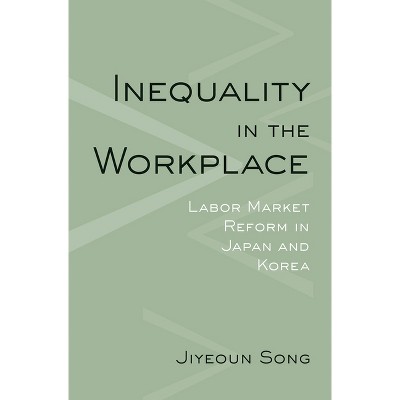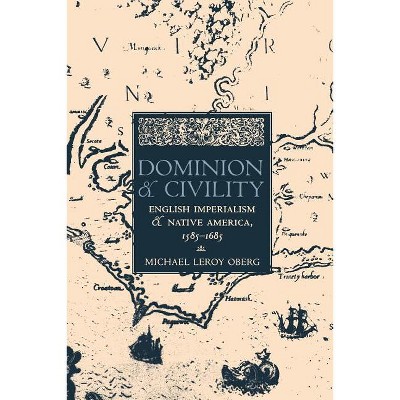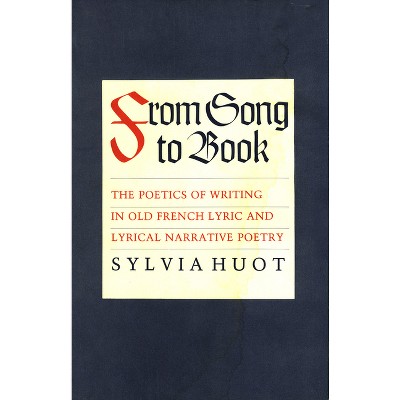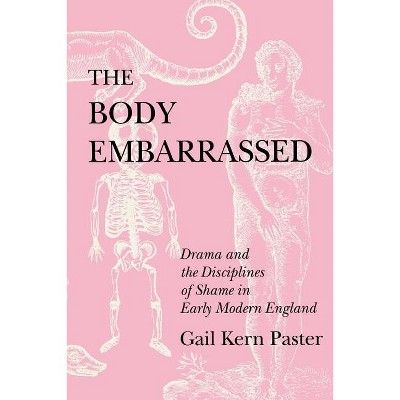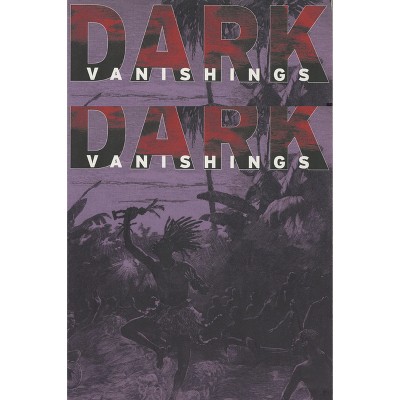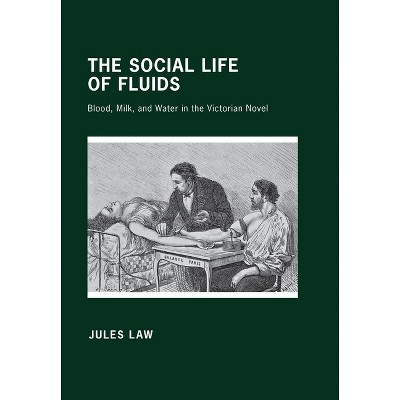About this item
Highlights
- That the writings of John Milton continue to provoke study and analysis centuries after his lifetime speaks no doubt to his literary greatness but also to the many ways in which his art both engaged and transcended the political and theological tensions of his age.
- About the Author: Eric B. Song is Assistant Professor of English Literature at Swarthmore College.
- 232 Pages
- Literary Criticism, European
Description
About the Book
An exploration of the divided view of creation that governs Milton's related systems of cosmology, theology, art, and history.
Book Synopsis
That the writings of John Milton continue to provoke study and analysis centuries after his lifetime speaks no doubt to his literary greatness but also to the many ways in which his art both engaged and transcended the political and theological tensions of his age. In Dominion Undeserved, Eric B. Song offers a brilliant reading of Milton's major writings, finding in them a fundamental impasse that explains their creative power.According to Song, a divided view of creation governs Milton's related systems of cosmology, theology, art, and history. For Milton, any coherent entity--a nation, a poem, or even the new world--must be carved out of and guarded against an original unruliness. Despite being sanctioned by God, however, this agonistic mode of creation proves ineffective because it continues to manifest internal rifts that it can never fully overcome. This dilemma is especially pronounced in Milton's later writings, including Paradise Lost, where all forms of creativity must strive against the fact that chaos precedes order and that disruptive forces will continue to reemerge, seemingly without end.Song explores the many ways in which Milton transforms an intractable problem into the grounds for incisive commentary and politically charged artistry. This argument brings into focus topics ranging from Milton's recurring allusions to the Eastern Tartars, the way Milton engages with country house poetry and colonialist discourses in Paradise Lost, and the lasting relevance of Anglo-Irish affairs for his late writings. Song concludes with a new reading of Paradise Regained and Samson Agonistes in which he shows how Milton's integration of conflicting elements forms the heart of his literary archive and confers urgency upon his message even as it reaches its future readers.
Review Quotes
..The journey through the many literary, historical, and theoretical threads that Song weaves in his tangentially related but very learned chapeters is well worth the ride. It is a book designed to provoke interesting and fruitful conversation.
--Suzanne Woods "Milton Quarterly"Dominion Undeserved is an excellent, theoretically sophisticated study of Milton's late poetry, one that Milton scholars and students will find vital for its elucidation of how this poetry engages, in often surprising or unexpected ways, with a range of early modern political concerns. Perhaps more importantly, in its careful attention to Milton's theories on the perils of authority, Song's book reveals to us a Milton that continues to speak to the pressing concerns of our current moment.
--Christopher D'Addario "Renaissance Quarterly""Song concludes [Dominion Undeserved] by suggesting that Milton's work "continues to evolve whenever literary criticshistorianscasual readersmusicianstheologianspoetspaintersnovelistsand filmmakers grapple with Milton's writings and their myriad manifestations" (157). This well-written and provocative book is part of that evolution.--Robert Viking O'Brien
-- "Modern Philology"Song argues that Milton perceives and exploits an enduring tension between created works and the underlying unruliness out of which they are formed. Divine creation, nation building, literature--all must strive against the chaos from which they originate and that continually threatens to reemerge.... Firmly placing Milton in his own cultural moment, Song, in his historicist approach, emphasizes Milton's continuing relevance to the current moment [in this] clearly written and accessible book.
-- "Choice"This meticulously researched book offers fresh insight into the roles of creativity, dominion, and abjection in the Miltonic corpus. Lucidly written and persuasively argued, it demonstrates the complexity attendant upon the conflicted impulses that engendered Milton's poetry and prose....One of the book's strengths is its exploration of the interrelationships between Milton's poetry and prose. Another is Eric. B. Song's alertness to literary theory, which facilitates fresh readings of nationhood, gender, and the archive....Commendably diligent and broad, it should prove of interest to Miltonists, early modern specialists, and a wider scholarly community.
--Estelle Haan "Modern Language Review"About the Author
Eric B. Song is Assistant Professor of English Literature at Swarthmore College.
Shipping details
Return details
Trending Poetry







